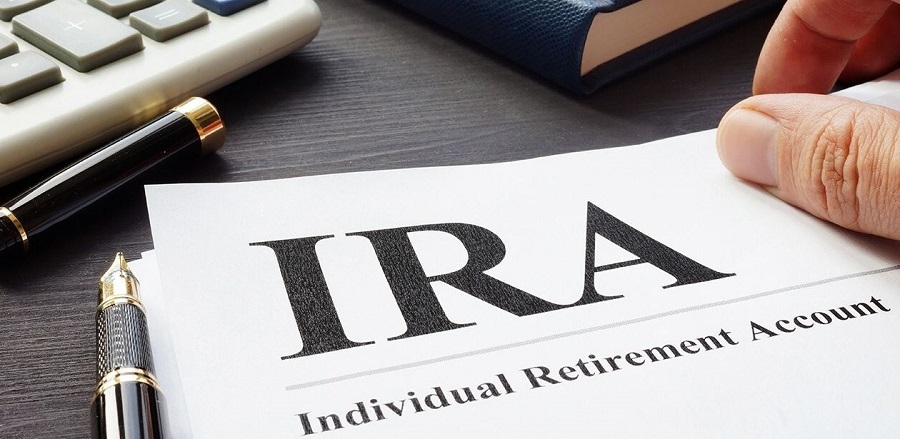
Investing is a great way to grow your wealth over time, but with so many investment options available, it can be difficult to know which one is right for you.
Two popular investment vehicles are brokerage accounts and individual retirement accounts (IRAs). While both allow you to invest in stocks, bonds, and other securities, there are important differences between the two.
In this article, we’ll explain the differences between brokerage accounts and IRAs, so you can make an informed decision about which one is right for you.
Brokerage Account vs IRA
What Is a Brokerage Account?
 A brokerage account is a type of investment account that allows you to buy and sell securities, such as stocks, bonds, and mutual funds.
A brokerage account is a type of investment account that allows you to buy and sell securities, such as stocks, bonds, and mutual funds.
When you open a brokerage account, you deposit money into the account and use that money to buy securities. You can then sell those securities at a later time for a profit, or to avoid losses.
One advantage of a brokerage account is that there are no restrictions on how much you can contribute or withdraw, and no penalties for withdrawing money before a certain age. This makes brokerage accounts a good option for people who want more flexibility in their investments.
However, there are some downsides to using a brokerage account. For one thing, you may have to pay taxes on any capital gains you make when you sell your securities. Additionally, brokerage accounts offer no tax benefits, so you won’t get any tax deductions for contributions like you would with an IRA.
What Is an IRA?

An IRA, or individual retirement account, is a type of investment account that is specifically designed for retirement savings.
There are two main types of IRAs: traditional IRAs and Roth IRAs. With a traditional IRA, you make contributions with pre-tax dollars, which means you won’t pay taxes on that money until you withdraw it in retirement. With a Roth IRA, you make contributions with after-tax dollars, but you won’t pay any taxes on your withdrawals in retirement.
One of the biggest advantages of an IRA is that it offers tax benefits that can help you save money on your taxes. For example, if you make contributions to a traditional IRA, you may be able to deduct those contributions from your taxable income, which can lower your overall tax bill. Additionally, your investments in an IRA can grow tax-free until you withdraw them in retirement.
However, there are also some downsides to using an IRA. For one thing, there are contribution limits that may prevent you from contributing as much as you’d like. Additionally, there are penalties for withdrawing money before a certain age, which can be a problem if you need the money before retirement.
Which One Is Right for You?
Deciding between a brokerage account and an IRA depends on your personal financial goals and circumstances. Here are a few things to consider:
- If you’re looking for flexibility in your investments and don’t need tax benefits, a brokerage account may be the right choice for you.
- If you’re primarily focused on saving for retirement and want to take advantage of tax benefits, an IRA may be a better option.
- If you’re self-employed or own a small business, you may want to consider a SEP IRA or a SIMPLE IRA, which are designed for small business owners and offer higher contribution limits than traditional IRAs.
Ultimately, the decision of whether to use a brokerage account or an IRA comes down to your personal financial situation. Consider your goals, your income, and your tax situation, and talk to a financial advisor if you’re not sure which one is right for you.
Conclusion
Understanding the differences between brokerage accounts and IRAs is essential in making informed investment decisions. While both types of accounts offer advantages and disadvantages, they cater to different investment goals and preferences.
Brokers accounts are best suited for short-term investments, such as buying and selling stocks or bonds, while IRAs are better suited for long-term investments, such as retirement savings. Brokers accounts are also more flexible, allowing for more control over investment decisions, but they lack the tax benefits of IRAs.
Ultimately, the decision to open a brokerage account or an IRA will depend on an individual’s investment goals and preferences. It is essential to do thorough research and seek the advice of a financial professional to make an informed decision.
Remember, investing involves risks, and it is crucial to evaluate your investment options carefully. It is also important to diversify your investments to reduce risks and maximize returns.
With this information in mind, you can make an informed decision and take control of your financial future.